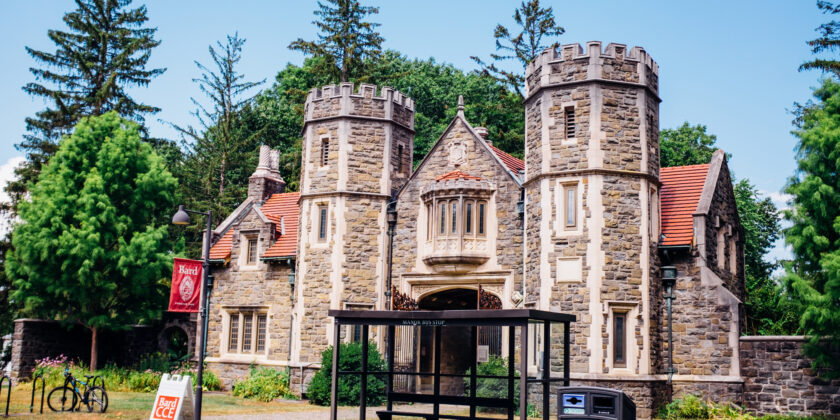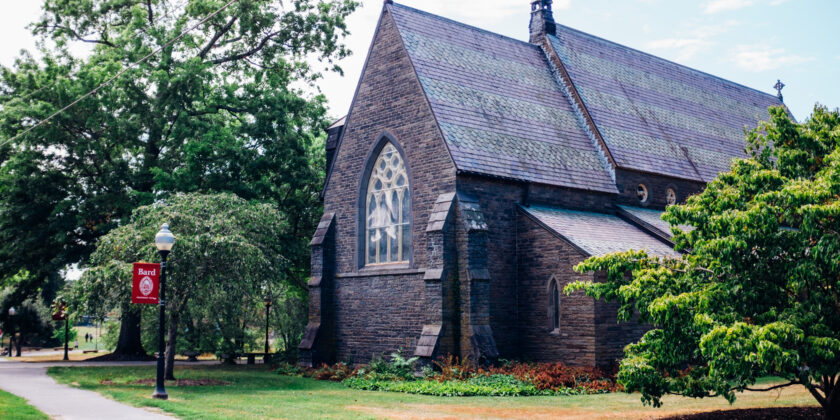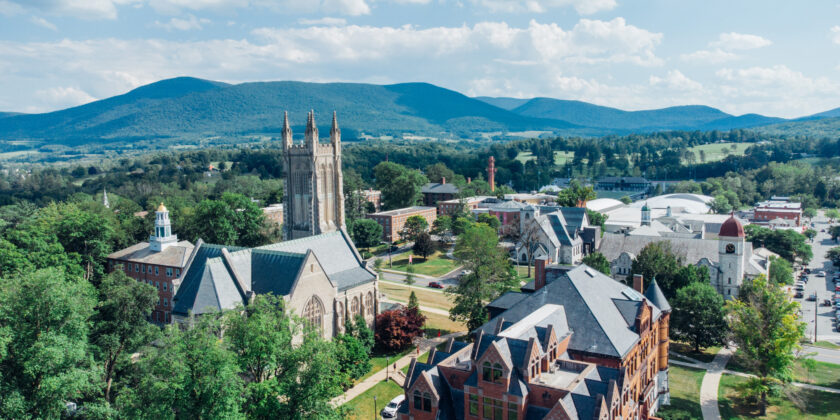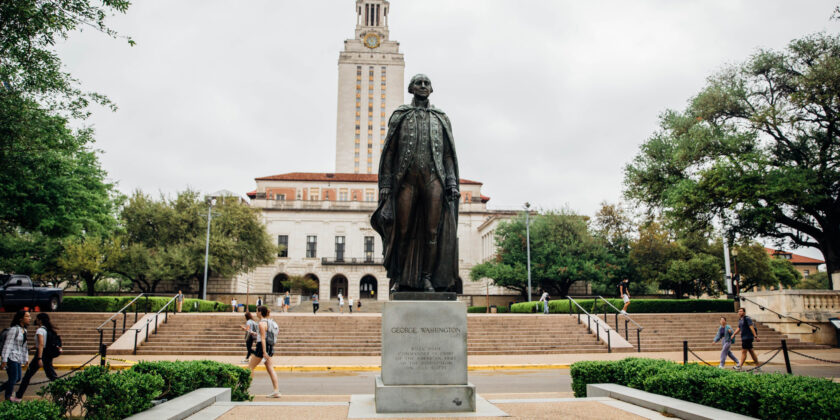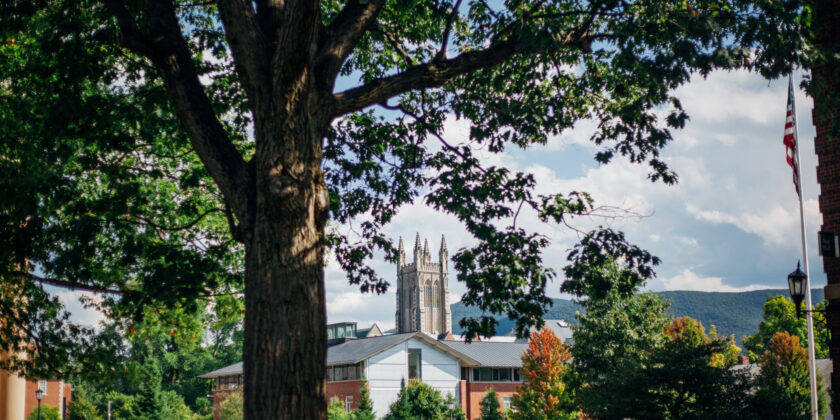2025–2026 Common App Essay Prompts + Changes to Additional Info Section and Old “COVID” Question
The main CA essay prompts are the same, but there’s an updated “challenges and circumstances” question, which replaces the old COVID-19 question. The post from the CA is below:
We are happy to announce that the Common App essay prompts will remain the same for 2025–2026. 🎉
Based on positive feedback from students, counselors, teachers, and colleges, we’ve decided to keep the essay prompts unchanged. We will continue to explore trends in prompt selection across different student populations and use those insights to inform future updates.
Students will see two changes to the optional “Additional information” questions as of August 1, 2025.
- The current “Community disruption” question will be updated to a “Challenges and circumstances” question. The new question language will expand to capture a broader range of impacts students may experience. The word/character limit will remain the same (first-year app 250 words max, transfer app 1250 characters max).
- The “Additional information” question word/character limit will be reduced. The first-year app limit will be reduced from 650 to 300 words max. The transfer app limit will be reduced from 3500 to 1500 characters max.
We are making these changes after conducting listening sessions and consulting with our member, counselor, and student advisory committees to ensure we gather diverse perspectives and input. Students in the first-year app who have text in their “Additional information” question that exceeds the reduced word count limit after August 1 will see an error message alert letting them know they have exceeded the new max. They will not lose anything they have written prior to August 1, but they will need to go back and adjust their response. In the transfer app, student responses to the “Additional information” question prior to August 1 will not roll over.
Here is the full set of essay prompts for 2025–2026.
- Some students have a background, identity, interest, or talent that is so meaningful they believe their application would be incomplete without it. If this sounds like you, then please share your story.
- The lessons we take from obstacles we encounter can be fundamental to later success. Recount a time when you faced a challenge, setback, or failure. How did it affect you, and what did you learn from the experience?
- Reflect on a time when you questioned or challenged a belief or idea. What prompted your thinking? What was the outcome?
- Reflect on something that someone has done for you that has made you happy or thankful in a surprising way. How has this gratitude affected or motivated you?
- Discuss an accomplishment, event, or realization that sparked a period of personal growth and a new understanding of yourself or others.
- Describe a topic, idea, or concept you find so engaging that it makes you lose all track of time. Why does it captivate you? What or who do you turn to when you want to learn more?
- Share an essay on any topic of your choice. It can be one you’ve already written, one that responds to a different prompt, or one of your own design
This is the updated “Challenges and circumstances” question language students will see beginning August 1, 2025
Sometimes a student’s application and achievements may be impacted by challenges or other circumstances. This could involve:
- Access to a safe and quiet study space
- Access to reliable technology and internet
- Community disruption (violence, protests, teacher strikes, etc.)
- Discrimination
- Family disruptions (divorce, incarceration, job loss, health, loss of a family member, addiction, etc.)
- Family or other obligations (care-taking, financial support, etc.)
- Housing instability, displacement, or homelessness
- Military deployment or activation
- Natural disasters
- Physical health and mental well-being
- War, genocide, or other hardships
If you’re comfortable sharing, this information can help colleges better understand the context of your application. Colleges may use this information to provide you and your fellow students with support and resources.
Would you like to share any details about challenges or other circumstances you’ve experienced?*
( ) Yes
( ) No
Please describe the challenges or circumstances and how they have impacted you.
*Stay in the know! Subscribe*

